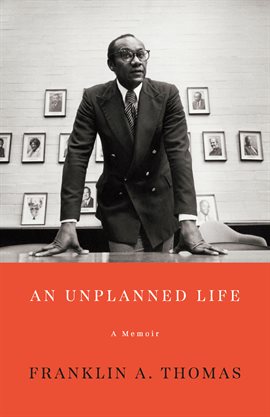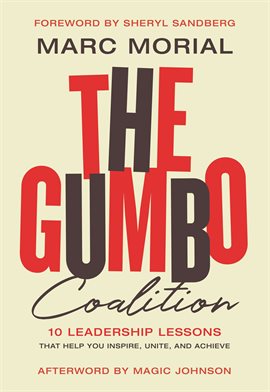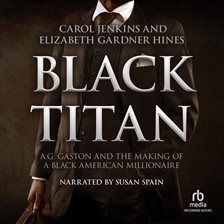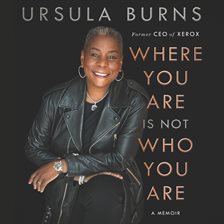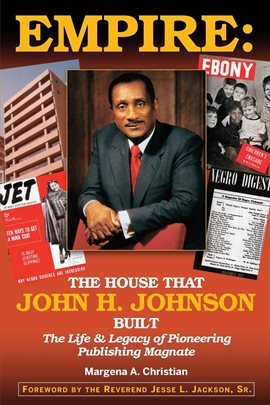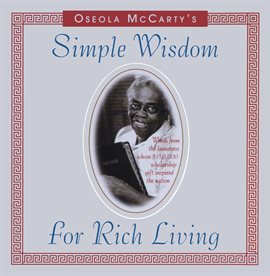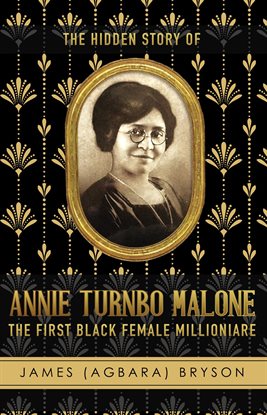Black Philanthropy Month with Artisha Lawson of the Greater Toledo Community Foundation
Posted on August 13, 2024
by Lindsay W.
The following post comes from guest blogger Artisha Lawson, Program Officer at the Greater Toledo Community Foundation
Black Philanthropy Month is a national movement, created in August 2011 as a month-long, global celebration that acknowledges the power behind African-descendant giving and the impact behind the dollars. This occasion highlights the contributions of Black organizations, promotes financial sustainability and creates synergy around National Black Giving Day, August 28. The 2024 theme, ‘Afro-Futurism,’ summons communities to promote the future of Black giving. Lastly, in the spirit of Ujamaa, just one of the Kwanzaa principals, this blog will conclude with call-to-action activities to build and maintain our local business and nonprofit ecosystems.
Featured community member Artisha Lawson entered philanthropy in September 2019 as a program officer at the Greater Toledo Community Foundation (GTCF). Her role consists of supporting and promoting competitive grants while guiding potential applicants through the submission process. “When I began my calling at GTCF in 2019, the world was different and I knew that I could support the existing community outreach and engagement work, in addition to learning this side of the grant process.”
Prior to entering philanthropy, Lawson spent 10+ years serving the community and building mutual relationships at Boy Scouts of America, Habitat for Humanity, Padua Center, as a Detroit community organizer, and a freelance reporter; prior to graduating from Central State University, an HBCU. Within a few months at GTCF the pandemic was a reality and many philanthropic resources and workshops were virtual. Lawson, who is already a member of Sigma Gamma Rho Sorority, Inc., and Toastmasters International eventually joined national grant-making philanthropic institutions ABFE, EPIP Michigan, and PEAK Grantmaking. “Even in the midst of a global pandemic, I was allowed to absorb so much information which eventually inspired me to place the work of GTCF and other funds into a statewide philanthropic conference training on best practices, says Lawson. While navigating philanthropy, Lawson learned about Black Philanthropy Month, which aligns with her Lourdes University capstone research that centers on nonprofit sustainability methods. In the spirit of Black Philanthropy Month, here are three call-to-action activities to commemorate the occasion…
Infrastructure Resources
There is an ancient proverb that goes “Give a man a fish and you feed him for a day, teach a man how to fish and feed him for a lifetime.” Lucas County businesses and nonprofits have access to resources that provide specialized technical assistance and even mentoring. Resources that can elevate financial sustainability, address administrative gaps, and build a network to scale up transformational wealth.
• The Center for Nonprofit Resources provides capacity-building resources for local nonprofits, the Center presents workshops, provides consultation services and even offers two certificate programs.
• Toledo Lucas County Public Library’s Small Business and Nonprofit Support provides resources on how to start and grow your organization, for nonprofits charities, and for-profit endeavors. Individuals can request a one-on-one session, attend a workshop and even connect with local business associations and technical support services by speaking with a librarian or visiting the website.
• Toledo’s Black Wall Street Community Development launched as a networking event in August 2023 and has grown into a network of local businesses and entrepreneurs.
Artisha notes, “I earned my Minority Executive Leadership certificate years ago, even before I mapped out my career ambitions and my original mentor pushes still to this day. I thought I knew how to run a nonprofit because I worked in the sector, and attending workshops offered throughout the city over the years has empowered me to keep learning.”
Peer Spaces and Networking
Philanthropy professionals who review and guide the community’s philanthropic decision-making system could benefit by participating in peer-space and networking organizations. This includes all aspects of funding from government, private and public. These spaces center philanthropic best practices in both a relaxed and formal environment.
• ABFE is a national organization that provides individual and organization memberships. Benefits include ABFE’s Black Women in Philanthropy Leadership Retreat and the national annual conference called Harambee.
• PEAK Grantmaking is a national organization that provides individual and organization memberships. Benefits include annual convening and participating in regional chapters and specialized peer-spaces like Black Caucus to exchange best practices within a safe yet expansive space.
Artisha says, “I first joined both organizations in 2021 and have attended Harambee and PEAK convening. Of course, I benefit from in-office interactions and team-building, but there is nothing wrong with participating in national networks. We’re working to strengthen an Ohio ABFE affiliate and the connections I nurture in both PEAK Mid-east chapter and Black Caucus affiliate are motivating.”
Black-Centered Giving Circles
A community-first coalition could create a call to action and launch a Black Giving Circle that is housed at a local philanthropic institution. Giving Circles could generate unrestricted funding to support local work. There are recent examples:
•Hartford Foundation’s Black Giving Circle Fund combines an annual membership contribution which is a charitable contribution with networking and annual grant-making.
•Baltimore Community Foundation’s The Black Philanthropy Circle has a larger endowed fund and annual competitive grant.
• One final example, with a similar framework that is executed in a streamlined process is from the Center for Arab American Philanthropy, this approach recruits 100 individuals to donate at least $125 and while registering for the event, they submit a name of a nonprofit to receive an unrestricted $10,000 grant.
Artisha adds, “Prior to entering philanthropy, I wrote grants, organized fund-raising events, cultivated individual donor relationships, and often requested unrestricted funding. Even my research yielded similar results, that earning unrestricted funding through third-party efforts reduces the internal capacity burden of nonprofits, increases diverse revenue sources and often times delivers access to unrestricted funding.”
If you’re looking to learn even more about Black Philanthropy, try reading any of the following books available from the Library:
Did you like this blog post? Keep up to date with all of our posts by subscribing to the Library’s newsletters!
Keep your reading list updated with our book lists. Our staff love to read and they’ll give you the scoop on new tv-series inspired titles, hobbies, educational resources, pop culture, current events, and more!
Looking for more great titles? Get personalized recommendations from our librarians with this simple form.

